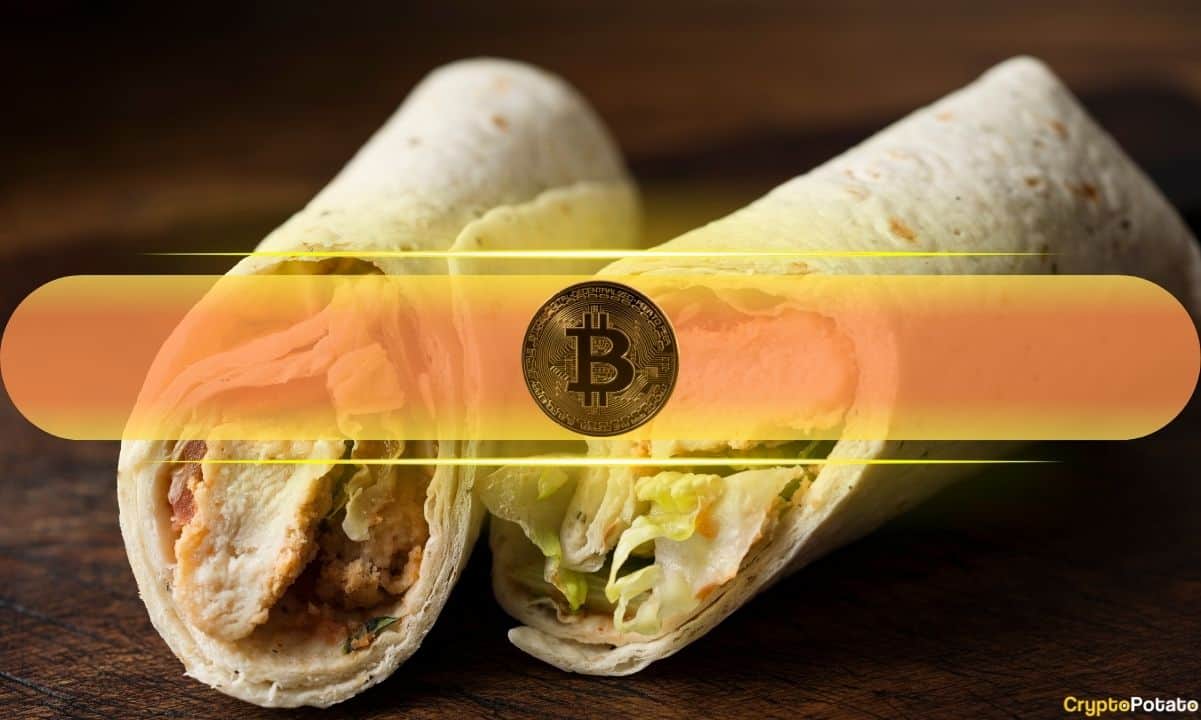

The Wrapped Bitcoin market is seeing the emergence of new players such as Coinbase, the largest cryptocurrency exchange in the United States. Analysts believe that the current state of the market offers opportunities for higher user engagement, improved cross-chain liquidity, and significant growth in the coming years.
However, observations from the latest CryptoQuant report suggest that competition may not be smooth, and investors may be reluctant to use some tokens due to the mechanisms used by custodians.
The emergence of new wrapped Bitcoin tokens
Wrapped Bitcoin tokens allow holders to use other networks and decentralized finance (DeFi) applications that are not on the Bitcoin network without having to sell their BTC. They are backed 1:1 with BTC and are mostly found on Ethereum. The first of its kind, WBTC, was created in 2019 by digital asset infrastructure provider BitGo. It is currently the largest Wrapped Bitcoin on the market, with a circulating supply of 153,000.
In 2020, other types of Wrapped Bitcoin were launched, including HBTC on the HTX exchange, tBTC on Threshold Network, and renBTC on Ren Protocol. Coinbase’s cbBTC is the newest on the market and can be found on the Ethereum Layer 1 network and the exchange’s Layer 2 protocol Base.
Coinbase launched cbBTC on September 12, and within a week, the token had become the third-largest Wrapped Bitcoin on the market, surpassing HBTC and renBTC. CryptoQuant analysts found that 64% of the token supply on Ethereum is on decentralized exchange (DEX) Uniswap. The token was deposited into pools to provide liquidity for several trading pairs, such as cbBTC/WBTC and cbBTC/USDC.
Issues and Criticism
Coinbase Wrapped Bitcoin has a circulating supply of approximately 1,670 cbBTC ($101 million), of which 941 cbBTC are directly on Ethereum and 729 cbBTC are on Base. While cbBTC has opened up a range of financial opportunities, giving holders access to trading, lending, borrowing, and yield farming on DEXs, the token has also received criticism from the community.
Unlike BitGo, which publishes a list of addresses holding BTC that support WBTC on the Bitcoin network, Coinbase has refused to disclose the same information for cbBTC. This has left no user remotely able to verify that the BTC supporting cbBTC is actually on the Bitcoin blockchain.
CryptoQuant said, “Other criticism has been raised because the cbBTC smart contract administrator can blacklist addresses from sending, minting, or burning cbBTC. This could mean that cbBTC users risk having their holdings frozen.”
Binance FREE $600 (CryptoPotato Exclusive): Register a new account using this link and get an exclusive $600 welcome offer from Binance. (Full details).
Limited 2024 Special Offer on BYDFi Exchange: Get up to $2,888 Welcome Reward. Register using this link and open a 100 USDT-M position for free!


